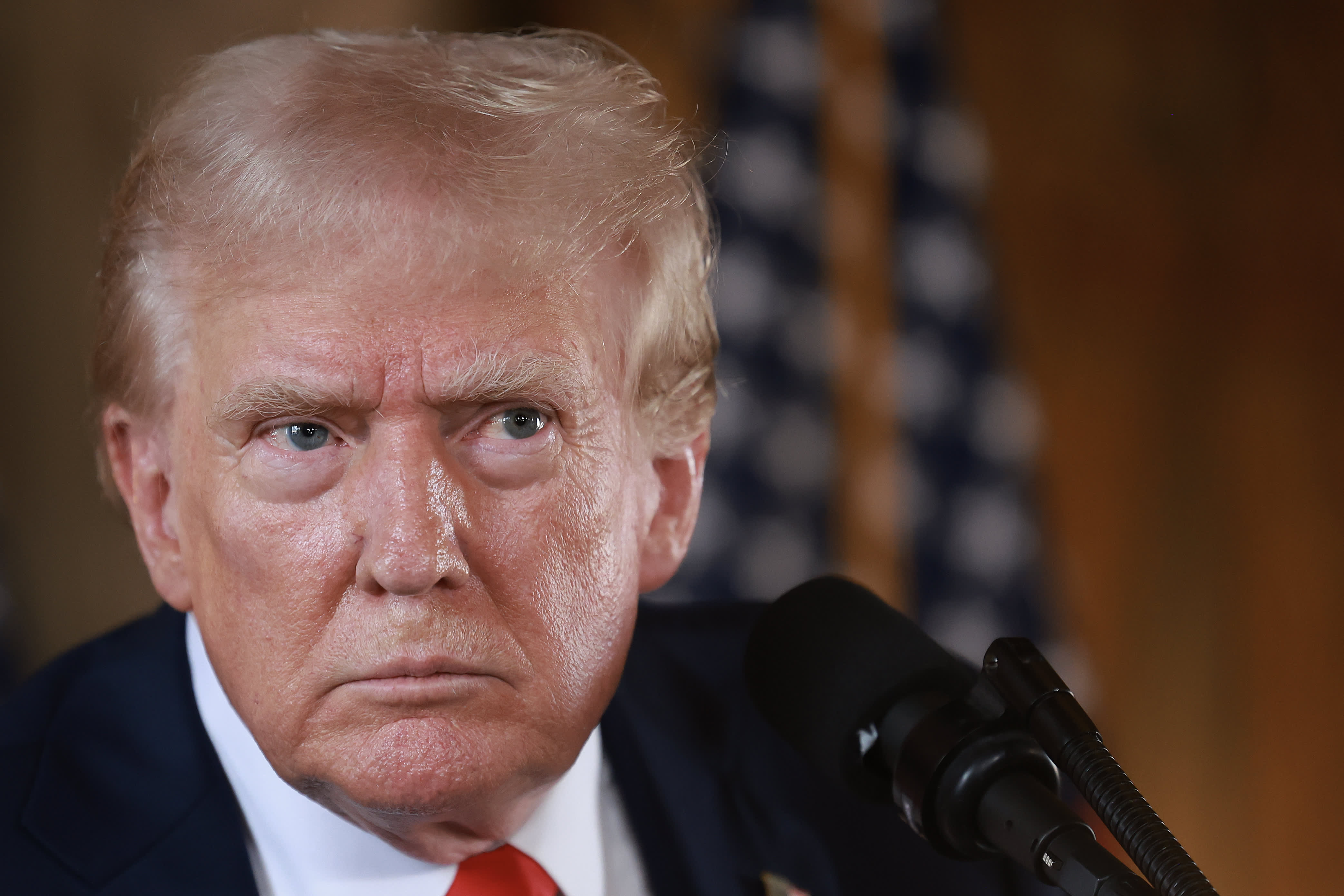The integrity of electoral processes is paramount to the functioning of a democratic society. However, recent reports highlighting the hacking of the Trump campaign serve as a stark reminder of vulnerabilities inherent in modern political campaigns. Experts warn that such breaches not only jeopardize individual campaigns but also threaten the broader electoral landscape, potentially leading to significant disruptions during critical election periods. The implications of these cyber intrusions extend beyond mere data theft; they raise questions about the security measures in place to protect sensitive political information and voter trust in the electoral system.
Cybersecurity experts have noted that political campaigns are increasingly becoming targets for foreign and domestic adversaries seeking to manipulate outcomes. The hacking incident involving the Trump campaign underscores this trend, revealing how easily accessed digital infrastructures can be exploited. As political entities rely more heavily on technology for communication and organization, they simultaneously expose themselves to risks associated with cyberattacks. This vulnerability necessitates a reevaluation of existing cybersecurity protocols within political organizations, emphasizing not only preventive measures but also robust response strategies in case of breaches.
After POLITICO broke the news of the hack on Saturday, talk of it rippled through the DEF CON conference — one of the world’s largest gatherings of hackers, as it closed out its final day. At DEF CON’s “Voting Village,” where security researchers rip apart voting infrastructure to find flaws, attendees were talking just as much about the worries for campaigns as they were about the security of ballot-casting machines.
The Microsoft report cited by Cheung accused “another Iranian group, this one connected with the Islamic Revolutionary Guard Corps” of sending “a phishing email in June to a high-ranking official on a presidential campaign from the compromised email account of a former senior advisor.”
“The email contained a link that would direct traffic through a domain controlled by the group before routing to the website of the provided link… within days of this activity, the same group unsuccessfully attempted to log into an account belonging to a former presidential candidate,” the report added.
Politico reported that on July 22 it began receiving emails from an AOL account only identified by the moniker “Robert.” The emails contained proprietary information and internal documents from the Trump campaign.
In 2017, the Justice Department launched an investigation into Russian interference in the election and what role Trump associates played in the hacking effort. Special counsel Robert Mueller ultimately concluded he lacked sufficient evidence to seek criminal charges against Trump or his campaign for allegedly conspiring with the Russians. However, he described a Trump campaign that encouraged the hack and was eager to capitalize on the materials, and he described significant efforts by Trump and some allies that hampered investigators’ ability to obtain key communications and testimony that might have shed more light on the matter.
Read more
Zelenskiy says Russia evacuates another border region amid growing threats Earth surrounded by solar Strong storm M9.8-Class risking satellites, power gridsSarah H
Also on site :
- Gemini converts Google Docs to podcasts
- Jonathan Ross opens up about why he decided to quit alcohol
- Bottling your essence: Meghan Markle and the death of self-help speak

